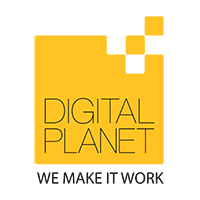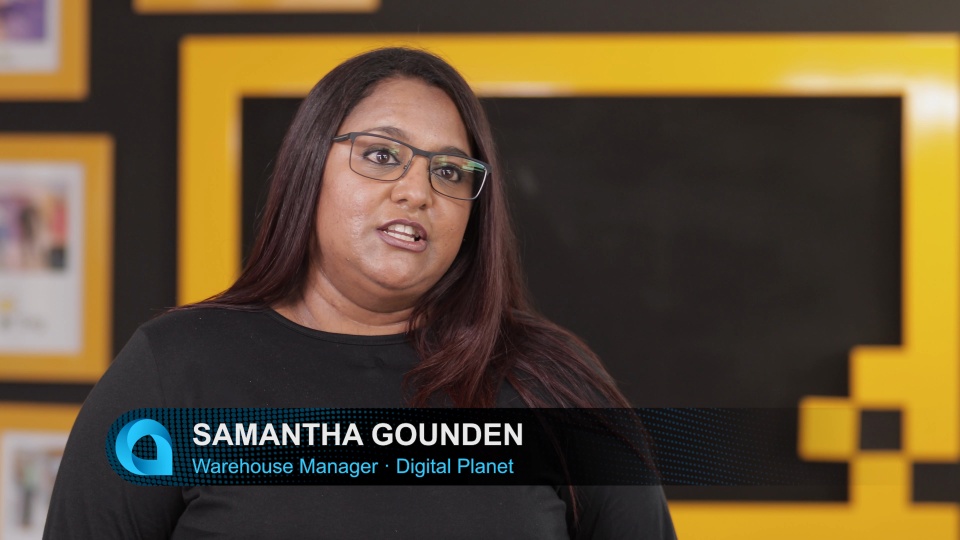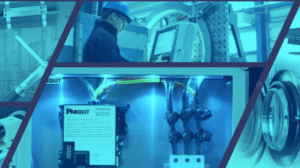Digital Planet believes that education paired with technology can change the face of South Africa for the better, through their mission of enriching every South African’s life with access to technology and education, they are doing just that. By combining technology products, software and services, Digital Planet helps businesses like local banks and telecoms create one-of-a-kind complimentary business channels and uniquely structured offerings. Digital Planet creates value to customers by delivering more than just a technology device. Through an extensive partner network, Digital Planet connects customers with exclusive offers that bundle technology (laptops, cellphones, smart tv’s) with educational platforms, entertainment vouchers, WIFI access and more. Digital Planet also manages all touchpoints from product to consumer including call center order management, customer service, customer product tech support, consumer home delivery and after sales warranty.
For years, the company operated on an in-house order and stock management system, two separate financial management applications, a standalone workflow management platform and in-house developed application that surfaces reporting data from Microsoft SQL. While their financial management application worked for financials, it couldn’t handle the operations side of the business and thus Digital Planet had to build its own systems to manage operations. With so many disconnected systems, Digital Planet was also forced to retain many manual processes.
Working in Isolation with Different Sets of Data
“We had no single point of truth. The warehouse team was on a different system, the finance team was on a different system, production was on another system – we had to add a lot of systems to create efficiencies in all our departments, but each had its own data sets, its own points of truth, and very few told the same story,” says Zane Zietsman, chief strategy and digital officer. “It became a big barrier. Our financial platform had an antiquated way of working.”
The company considered moving to a new system for several years. “However, we always found the consideration very daunting,” Zietsman says. Top executives worried about the change management involved with a new system and the impact on its employees. “We were concerned with what if something goes wrong and what if the software doesn’t do what we want,” Zietsman explains. “Could we roll it back?”
Much of that apprehension stemmed from a failed implementation of another ERP system. “We engaged with partners and only after 13 months we realized that it wasn’t scalable and couldn’t handle our transactions,” he says.
Second ERP Search
Digital Planet reverted to its legacy financial management system and embarked on a new due diligence process to find an ERP that fit its purpose, was customizable to the way the company did business, and would allow it to scale. “Our business continues to grow year on year and we needed a system to support that growth. Our legacy financial management suite wasn’t able to do that,” says Zietsman.
“Our financial management suite was an on-premises client server application that required software installed on workstations. With 19 years’ worth of transactional data and business structures, the data became impossible to manage,” says Chris Opperman, solutions architect. “We hit the limit of what our financial platform could do, and the demands we had of the system wouldn’t let us go forward.”
The new search strategy included learning from past mistakes, understanding the key functional requirements of each business unit, and creating a plan to run the new system in parallel with the old so if something didn’t work, the company would remain operational. They then talked to local vendors and partners and evaluated several ERP systems.
 Canada (English)
Canada (English)
 Colombia
Colombia
 Caribbean and Puerto Rico
Caribbean and Puerto Rico
 Ecuador
Ecuador
 India
India
 Indonesia
Indonesia
 Ireland
Ireland
 Malaysia
Malaysia
 Mexico
Mexico
 Panama
Panama
 Peru
Peru
 Philippines
Philippines
 Singapore
Singapore
 South Africa
South Africa
 Sri Lanka
Sri Lanka
 Thailand
Thailand
 United Kingdom
United Kingdom
 United States
United States








